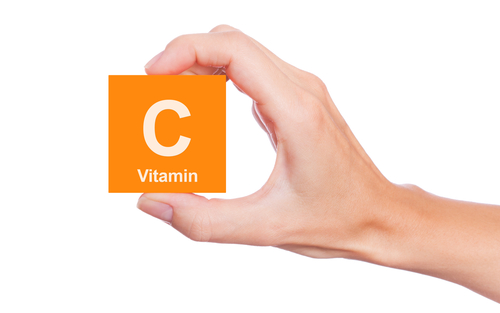On Wednesday, March 4, we upgraded to a new payment system that gives you more control over the way that we pay you. Please review your payment details in the Payment Settings tab of your Account prior to Friday, March 27.
17% Complete
Which of the below most closely reflect where you publish your content?
Your selection will help tailor the rest of the sign-up to meet your needs.
34% Complete
Enter your Website URL
Don't worry, you can add more sites later.
Your url could not be validated. Please double check what you have entered.
If you are sure it is correct, continue to the next step. However, this may delay the time it takes to approve your site.
Examples of Social Media profile URLs:
- facebook.com/userName
- twitter.com/groups/groupName
- twitter.com/handle
- instagram.com/handle
Examples:
- mysite.com
- example.com/blog
51% Complete
Where will you be promoting VigLink’s monetized links? Aside from your , where else will you be promoting VigLink’s monetized links?
Please select all that apply.
Your selections help ensure that you can work with as many merchants as possbile.
68% Complete
What is the primary type of content on your site?
Please choose one.
- Adult & Gambling
- Art & Entertainment
- Automotive
- Cameras & Photo
- Career & Employment
- Cell Phones & Mobile
- Collectibles
- Consumer Electronics
- Dating
- Education
- Family & Baby
- Fashion & Accessories
- Financial Services
- Firearms & Hunting
- Food & Drink
- Gaming
- Health & Beauty
- Home & Garden
- Jewelry & Watches
- Lifestyle
- Motorcycles & PowerSports
- Music & Musicians
- News, Books & Magazines
- Online Services
- Other
- Pets
- Real Estate
- Self-Help
- Shopping & Coupons
- Sports & Fitness
- Toys & Hobbies
- Travel
85% Complete
Paste the VigLink code into your pages to start earning.
Or follow the installation for popular platforms.
The code should be inserted at the very end of your pages, just before the <\body> tag.
The code needs to be present on every page where you need VigLink to work. The best way to install the code everywhere is to add it to your site's template.
Check Your Installation
Error!
No instance of the VigLink code was found on your page.
100% Complete
100% Complete

Congratulations!

Your account is now under review!
Your account is now under automated review and will be approved once you start generating clicks!
Take Action and Earn
Simply drag the Bookmarklet below to your bookmark bar to create a monetized link from any merchant page on the web with just one click.
With VigLink Anywhere, you can turn any commercial link into a robust, high-powered hyperlink that earns you revenue. This means you can now make money from Twitter, Instagram, Facebook, Pinterest, and your email list. The opportunities are endless!
100% Complete











